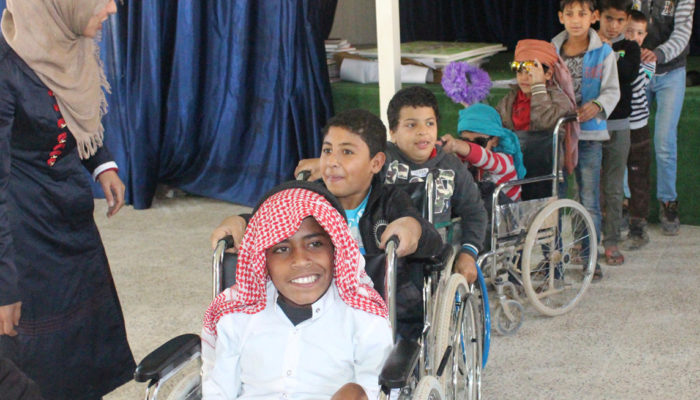Service provider perspectives on supporting people with disability from Iraqi and Syrian refugee backgrounds
This post forms part of our series in showcasing abstracts of presentations featured at the 2019 Migration, Refugees and Statelessness conference, hosted in November 2019 at The University of Melbourne.
Angela Dew – Deakin University
In 2012 the Australian Government streamlined the health waiver for all humanitarian visa applicants meaning that people with disability were more likely to get a visa. Little is known about the implications of this change for Australian service providers as the number and circumstances of refugees with a disability who have been resettled here to date is unknown. This paper describes one part of a larger study to explore the impact of resettlement in Australia for Iraqi and Syrian refugees with disability, their families and service providers. Seven practitioners employed in four South Western Sydney, NSW refugee support services were interviewed about their experiences of supporting people with disability from Iraqi and Syrian refugee backgrounds. Data were analysed using thematic analysis and constant comparison.
Practitioners described how their refugee support organisations responded to refugees with disability through a range of service enhancement strategies and, in particular, how they assisted people to access the National Disability Insurance Scheme. Practitioners also described refugee family member’s varied cultural understanding of disability and how this impacted on their help-seeking behaviours and expectations. This study has important implications for understanding the ways in which organisations support the complex physical/mental health and social needs of people with disability from Iraqi and Syrian refugee backgrounds.
Angela Dew is a sociologist with 38 years’ experience in the Australian disability sector. Her research relates to understanding the specific issues faced by people with disability and a range of complex support needs. Angela uses qualitative and arts-based methods within an integrated knowledge translation framework to ensure her research results in practical solutions that can be tailored to individuals and local communities.
